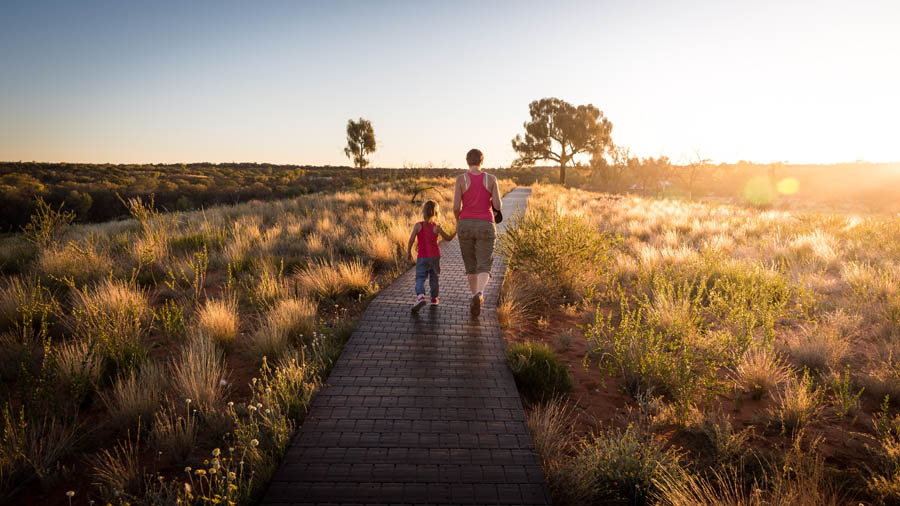(Live Action) Each year, millions of families hope to adopt a baby in the United States. According to the Adoption Network, just 135,000 children are adopted each year, while an estimated one to two million families are waiting to adopt. But there are numerous obstacles in the way when it comes to building a family through adoption. The United States Child Welfare Information Gateway estimates that families will pay between $20,000 and $45,000 for a domestic adoption, with international adoptions costing even more. It can take years to complete the process, including legal requirements like a home study, and matching with a mother considering adoption.
But many people waiting to grow their families may not be aware that there are faster and less expensive options.
[Click here to subscribe to Pregnancy Help News!]
Adopt through the state
Rather than opting for a private agency, consider adopting through the state. The Heart Gallery, a photography organization dedicated to helping children find forever families, explains the basic steps. These typically include going through training, getting a background check and home study, and then getting matched with a child. Unlike private adoptions, adopting through the state typically takes less than a year, and most states will cover any fees the family incurs.
Adopting through the state doesn’t necessarily mean a family needs to be open to foster care. The Heart Gallery features children who are already available for adoption, and families can also specify to their case workers that they specifically want a child whose parental rights have already been terminated. Most states also offer adoption assistance, which includes financial help, post-adoption resources, medical assistance, and more.
Be flexible with age
Most adopted children are babies, each placed with a family within a month of being born. It is understandable that prospective adoptive parents would prefer a baby, giving them the opportunity to raise a child from infancy with the hope that the baby won’t have the trauma and attachment issues an older child might have. But this is a myth. Even babies adopted within days of birth can suffer trauma after being separated from their biological parents. Babies bond with their mothers through pregnancy, and disrupting that connection does affect babies. This doesn’t mean adopting babies is bad, of course. It just means that adoption, no matter the circumstances, is a traumatic situation, both for the biological mother and the child.
Being open to adopting older children can also shorten the wait to adopt. Sadly, not as many parents are willing to adopt older children, especially those who are preteens or teenagers. Being open to older children in a sense erases much of the competition from other prospective parents. Parents who have already raised babies and toddlers may see it as an opportunity to grow a family without some of the challenges that come with babies. Parents and older children can also ensure they are a good match before finalizing the adoption.
Statistically, the older a child gets, the less likely he or she is to be adopted. Children who age out of foster care are at extremely high risk for numerous issues like homelessness, unwanted pregnancy, substance abuse, unemployment, higher chances of criminal activity, and more. These children enter the world with few, if any, positive role models or support systems to help them as they navigate life. Adopting an older child doesn’t mean simply providing shelter for a few years until they turn 18; it means giving someone a family for the rest of their life, to be there to guide and help through the challenges they’ll face. Giving someone a family can change the course of a life.
Grants, financial aid and open adoptions
For those who prefer private adoptions, there are resources to help make the process a little more affordable. Fund Your Adoption is an organization dedicated to helping families to adopt without incurring mountains of debt. There are countless organizations that give grants to adoptive parents, though the requirements vary. Other options include crowdfunding and fundraising events to raise money for adoption. The government also offers various tax credits, which can be helpful in offsetting costs.
To make the adoption process go by faster, families can consider several things. In addition to being open to different age groups, remaining open to different genders, ethnicities, and special needs can go a long way towards finding a connection. It can also help to consider open adoption vs. closed adoption. Open adoptions allow the birth parents to remain a part of their children’s lives, which can aid in the process of making a match. Making sure the home study, background check, and legal requirements are in place as quickly as possible can also prevent any potential delays once everything else is in place.
The path to creating a family through adoption will be different for everyone. But there are options to make the prospect less daunting, and help give the gift of a family — and a life — to a child in need.
Tweet This: The path to creating a family through adoption will be different for everyone. And there are options to make the prospect less daunting.
Editor's note: This article was published by Live Action News and is reprinted with permission. The Heart Gallery contacted Live Action News and gave a more accurate number for adoption statistics. “[The CDC statistics] overstate the number of people who try to adopt the 100,000-ish babies and foster kids that become available each year,” they reported. “A closer estimate would be 1,913,000 divided by the “length of the period over which the adoptions were done”: 73,576. That shows you the root of the issue we try to address in the Heart Galleries… not enough adoptive parents, and MOST of them (sadly) are looking for babies. The sad result: 25,000 kids are emancipated with no family ties at all.”






